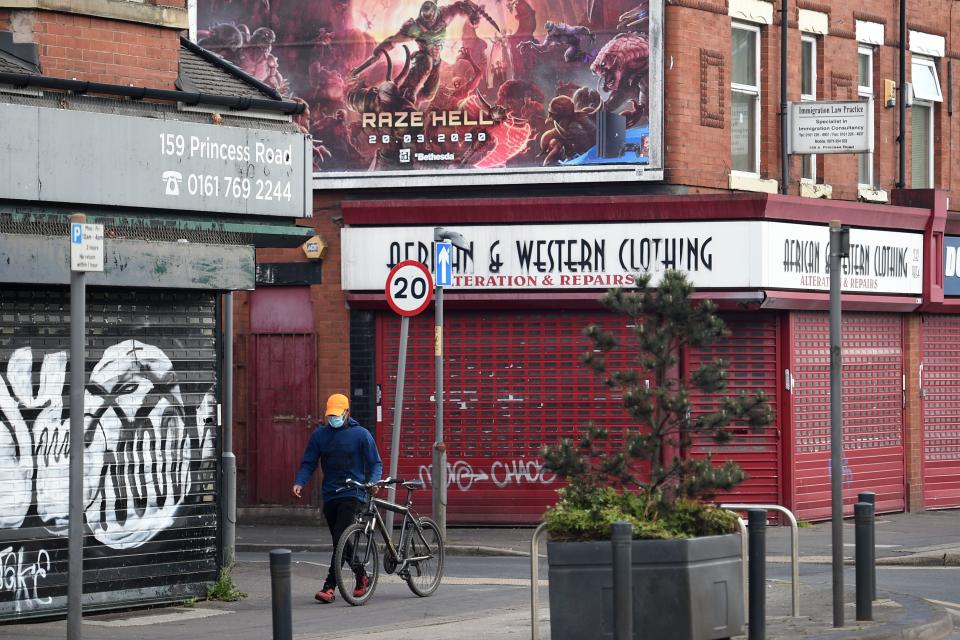Coronavirus: 7.6 million UK jobs at risk because of COVID-19 lockdowns

About 24% of the UK workforce is at risk from either permanent layoffs, temporary furloughs, or reductions in hours and pay as a result of the nationwide coronavirus lockdowns, according to a new study from McKinsey.
The management consultancy found that half of the jobs currently under threat pay less than £10 per hour. In the UK’s 20 lowest-income subregions, such as Blackpool and Stoke-on-Trent, the proportion of jobs at risk ranges from 23% to 29%.
“Unfortunately, in the COVID-19 crisis, there is a strong correlation between the likelihood of a worker being furloughed or laid off and them having previously been on a low income,” McKinsey notes.
According to McKinsey, the retail and wholesale sector will be the worst hit, with some 1.7 million jobs potentially at risk, followed by accommodation and food sectors, and then manufacturing.
McKinsey estimates that over 20% of the United Kingdom’s working-age population, or 9 million people, were furloughed in the weeks from 6 to 19 April.
“The knock-on consequences of the lockdown are anticipated to result in significant job losses down the road,” the study notes. “Businesses’ ability to continue to employ and pay workers might be particularly precarious when government support starts to be withdrawn.”
The UK lockdown, in place since 23 March, has been loosened slightly, but the government recommended on Monday (11 May) that those who can work from home should keep doing so “for the foreseeable future.”
Read more: Coronavirus: UK government says work from home 'for the foreseeable future'
With the UK, France, Spain, Germany, Denmark and other European countries taking steps — some bold, some tentative — towards reopening their economies, one big challenge will be restoring consumer confidence and dealing with the psychological effects that lockdowns and fear of the pandemic has had on people.
“The implications for workers go far beyond those furloughed or laid off,” McKinsey said. “Increased unemployment creates significant anxiety among those who retain their jobs.”
Europeans as a whole are less positive about their country’s economic recovery than the US and China. Optimism is on the decline in the UK and Spain, Europe’s two worst-hit countries in terms of COVID-19 deaths, although it is increasing in Germany.
“Sentiment is important, because it is a fundamental that drives consumer behaviour,” said Sebastian Stern, senior partner at McKinsey in Hamburg.
At this point in time — and it is still unclear if there will be further spikes in infections that mean imposing new lockdowns — McKinsey expects that UK GDP will shrink by 9% in 2020.
“The root cause behind the GDP shock is different than in the last crisis in 2008 and 2009,” Stern said. “We now have a demand shock across all industries.”
While predicting economic recovery is difficult at this point, McKinsey says they are assuming that it will take “two or three years” until GDP returns to pre-crisis levels.

 Yahoo Finance
Yahoo Finance 